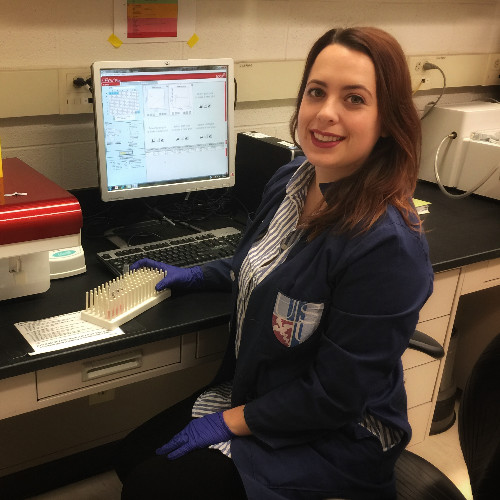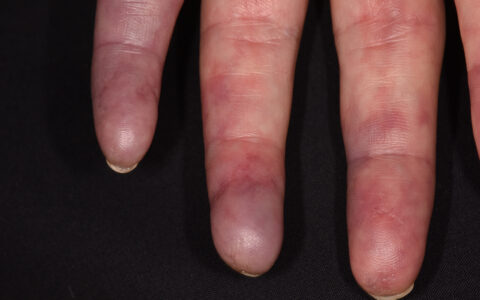Disrupting the ability of immune cells to take up iron may offer a new approach to treating systemic lupus erythematosus (SLE), according to a recent study published in Science Immunology from investigators at Vanderbilt University Medical Center.
The findings show that targeting iron uptake serves to quiet pro-inflammatory T cells, known to be dysregulated in SLE, while simultaneously boosting the activity of their anti-inflammatory counterparts – regulatory T cells.
“The ability to optimize T cell function through iron manipulation may have clinical significance for other autoimmune diseases in addition to lupus.”
“The ability to optimize T cell function through iron manipulation may have clinical significance for other autoimmune diseases in addition to lupus,” said Jeffrey Rathmell, Ph.D., Cornelius Vanderbilt Professor of Immunobiology.
Abundance of Iron
For unknown reasons, the authors noted T cells from patients with SLE contain unusually high levels of iron, even though these patients are often anemic.
“We see a lot of complications coming from that; the mitochondria don’t function properly, and other signaling pathways are altered,” said Kelsey Voss, Ph.D., first author of the study.
Wanting to understand how iron impacts T cell function, Voss conducted a CRISPR genome editing screen, selectively deleting iron-handling genes in T cells from mice.
Her findings revealed that loss of the transferrin receptor, the primary iron receptor for immune cells, was detrimental to inflammatory T cells but gave an advantage to regulatory T cells – a potentially ideal response.
“If you’re trying to target an autoimmune disease by affecting T cell function, you want to inhibit inflammatory T cells but not harm regulatory T cells. That’s exactly what targeting the transferrin receptor did,” Voss said.
“You want to inhibit inflammatory T cells but not harm regulatory T cells. That’s exactly what targeting the transferrin receptor did.”
Further analyses confirmed that the transferrin receptor plays a central role in SLE disease. The research team found it to be expressed at high levels in T cells from patients with SLE, with the level of expression correlating with disease severity. In an animal model of SLE, expression of the transferrin receptor in T cells was shown to be essential for development of autoimmunity.
New Therapeutic Approach
The group then demonstrated the transferrin receptor to be a promising therapeutic target for SLE, reporting a reduction in kidney and liver pathology in SLE-prone mice treated with an antibody directed against the receptor. Inhibition of inflammatory T cells, activation of regulatory T cells, and a systemic increase in the anti-inflammatory cytokine IL-10 were also noted.
Importantly, targeting the transferrin receptor in T cells from patients with SLE also gave a boost in IL-10 production and altered mitochondrial function.
“The antibody treatment doesn’t block iron uptake altogether, which would be quite harmful,” Rathmell said. “Rather, it normalizes iron uptake, which seems to confer this protective effect.”
Minimizing Side Effects
The researchers are now interested in developing bispecific antibodies that bind to transferrin receptors in T cells to avoid any potential off-target immunosuppressive effects.
They are also interested in studying the details of their unexpected discovery that blocking the transferrin receptor alters regulatory T cell activity.
“Many of our drugs increase the risk of infection dramatically and have other bad side effects. If this were well tolerated, that would be great news for these patients.”
“Many of our drugs increase the risk of infection dramatically and have other bad side effects,” said study co-author and rheumatologist Michelle Ormseth, M.D. “If this were well tolerated, that would be great news for these patients.”







